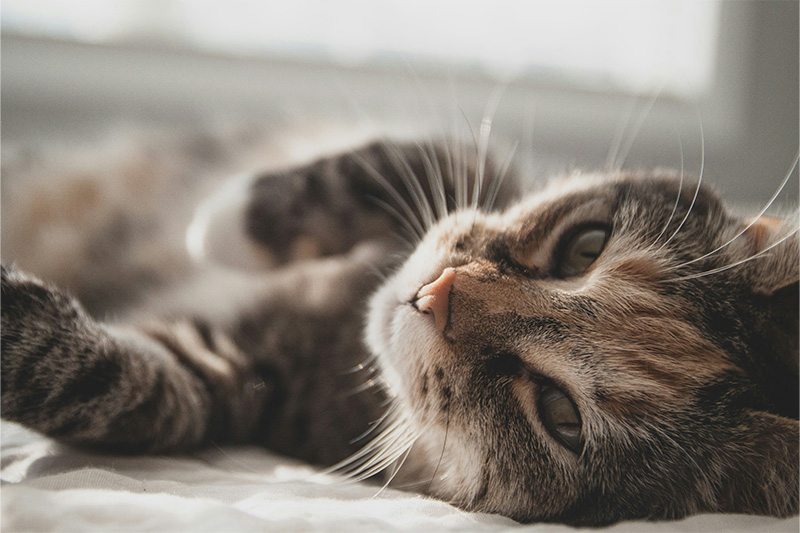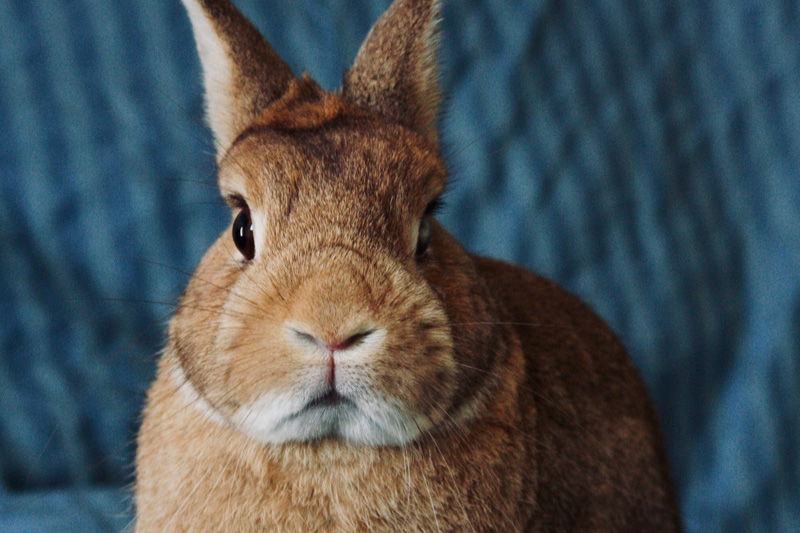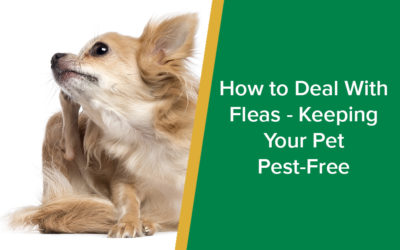As pet owners, we strive to provide the best care for our beloved companions, ensuring they lead happy and healthy lives. One crucial aspect of pet care is vaccinations, which play a vital role in preventing infectious diseases and safeguarding the well-being of our furry friends. In the UK, proper vaccination protocols are essential for cats, dogs, and rabbits alike as sadly, the diseases we protect against are still around and can cause severe health issues.
Join the Premier Pet Club
Remember – if you’re a member of our Premier Pet Club, you don’t need to worry about what, when or how much. We’ll work out a tailor-made plan for your pet and all of their routine yearly boosters are included in your plan membership. Not a member yet? Click here to sign up.
Dogs
Puppy vaccines and primary course: Puppies should start their vaccines at around 8 weeks old. The first two injections are generally given between 2 and 4 weeks apart. with the third given from 16 week of age. Puppies will typically be allowed outside of the house/garden 1 week after the second injection. Protection lasts between 1 to 3 years after which they’ll need a booster, but we will advise you of the schedule once their primary course is completed. If you stop vaccinating your dog, they will be at risk of catching infectious diseases
Core vaccinations:
- Canine Distemper Virus: A highly contagious viral disease that affects a dog’s respiratory, gastrointestinal, and nervous systems.
- Canine Parvovirus: Parvovirus is a potentially deadly disease, particularly for puppies and unvaccinated dogs. It’s highly contagious and causes severe vomiting and diarrhoea.
- Canine Adenovirus (Infectious Canine Hepatitis): This vaccine protects against a highly infectious viral disease affecting the liver, kidneys, eyes and other organs. The disease spreads in bodily fluids and can survive in the environment for up to a year.
- Leptospirosis: a bacterial disease that causes serious illness by damaging organs such as the liver and kidneys. In humans, leptospirosis is known as ‘Weil’s disease’. After an initial course, leptospirosis boosters are usually annual.
Optional Vaccinations:
-
Kennel Cough (Bordetella bronchiseptica): Recommended for dogs that frequent areas with high canine traffic, such as kennels, dog parks, or grooming facilities. The vaccine can be administered intranasally or via injection, depending on the formulation.
Rabies: This is necessary for dogs that travel in and out of the UK. Rabies vaccination is given every one to three years (depending on the vaccine). Depending on your reasons for needing the vaccine (regular holidays, permanent move etc), we’ll discuss the best schedule to keep your dog safe.

Cats
Kitten vaccines and primary course: If your cat or kitten has never had a vaccine before, they will usually need two injections 3-4 weeks apart – this is usually at 9 and 12 weeks old – and will be fully protected 3-4 weeks after their final injection. They’ll need their first booster after one year, then protection lasts between 1 and 3 years depending on what they’re being vaccinated against, at which point they’ll need another booster.
If you cat misses a booster, they may need to restart their primary course again, depending on how overdue they are.
Core vaccinations:
-
Feline Viral Rhinotracheitis and Calicivirus: Commonly known as the “cat flu,” this vaccination protects against highly contagious and potentially fatal diseases in cats. Even if your cat doesn’t go outside, they will need protection against this.
-
Feline parvovirus (Panleukopenia/Infectious enteritis) FPV: This is a highly infectious disease that attacks the guts and immune system causing vomiting, diarrhoea and sometimes, sudden death. There’s no specific cure, so prevention is the best option.
-
Feline Leukaemia Virus (FeLV): This vaccine is recommended for cats who go outdoors and those living in multi-cat households where there’s a risk of exposure to the virus.
Optional Vaccinations:
-
Feline Chlamydophila (Chlamydia): Recommended for cats at high risk of exposure, such as those living in multi-cat households or catteries. We’ll let you know if we think your cat requires this vaccination.
-
Rabies: If your cat will be travelling to or from the UK they will need this vaccination to keep them safe and allow them to travel.

Rabbits
We recommend vaccinating both indoor and outdoor rabbits because Myxomatosis, RVHD-1, and RVHD-2 can all enter the house and be spread by insects such as mosquitos and fleas, and on surfaces such as clothes and shoes.
Rabbit primary course: Your rabbits should have their first vaccine at around 5-10 weeks old, and then a booster every year to keep them protected. There is now a single vaccine for rabbits that protects against all three major diseases.
Core vaccinations:
- Myxomatosis: A viral disease transmitted by biting insects, such as fleas and mosquitoes, myxomatosis can be fatal to rabbits. Vaccination is essential, with initial shots given at around 5 weeks of age, followed by annual boosters.
- Rabbit Viral Haemorrhagic Diseases 1 and 2 (RVHD-1&2): Also known as rabbit calicivirus disease, RVHD is highly contagious and often fatal. Vaccination is crucial for all pet rabbits, with initial vaccination typically administered at around 10-12 weeks of age, followed by annual boosters.

Ensuring your pets are up-to-date with their vaccinations is essential for their health and well-being. Consult with your veterinarian to create a tailored vaccination schedule based on your pet’s lifestyle, health status, and risk factors. By staying proactive with vaccinations, you can help protect your furry companions from preventable diseases and ensure they enjoy long, happy lives by your side.
Remember that if you’re a member of our Premier Pet Club the routine yearly boosters are included

Our healthcare plan is the best way to budget for key preventive healthcare essentials that will help to keep your pet healthy and happy for the longest time possible, using the best and most effective vaccines to protect against:
• Distemper, hepatitis, parvovirus and leptospirosis in dogs
• Kennel cough (infectious tracheobronchitis) in dogs
• Feline leukaemia, ‘flu, enteritis and herpes in cats


